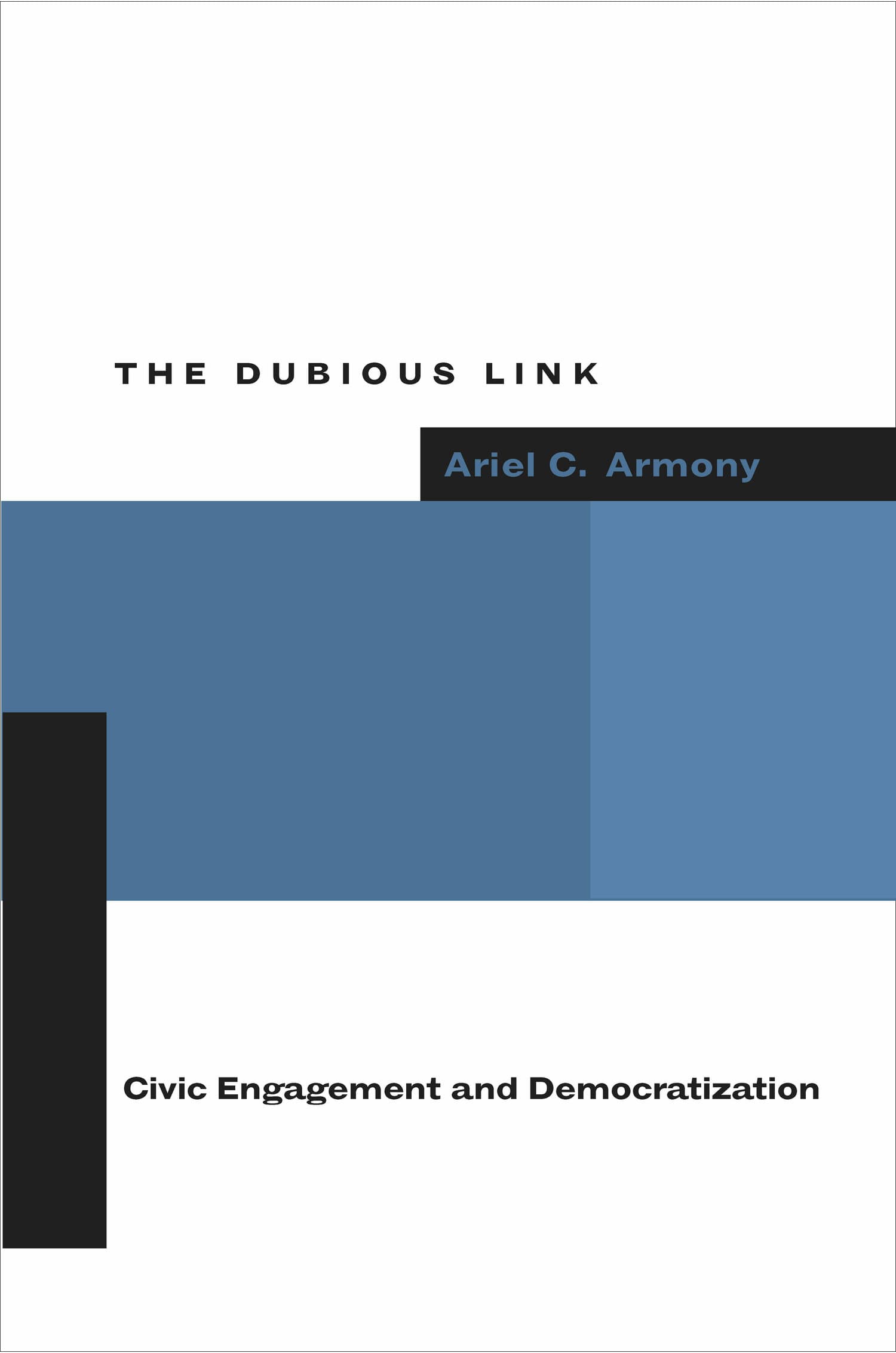Funding Civil Society

This book investigates the impact that Western democracy assistance programs have had on the development of women's and soldiers' rights NGOs in Russia in the post-Soviet period. The author examines Western assistance programs and NGO sectors in seven Russian regions, and finds that the norms that Western donors promote in their civil society programs, as well as the positive or negative local political environment in each city, have a dramatic influence on the extent to which the interactions between foreign donors and NGOs contribute to developing an NGO sector that is supportive of democracy.
This is the first book to systematically analyze these interactions across numerous regions and across two different NGO issue sectors, and it produces important new conclusions about how different domestic political contexts and normative values shape the effectiveness of Western aid.
"By examining a detailed slice of the democracy promotion business in Russia, Lisa M. Sundstrom's Funding Civil Society demonstrates this enigma of Russia: a success and a failure, democratic yet undemocratic, pluralistic but authoritarian."—Democracy & Society
"Funding Civil Society addresses an important and under-researched issue: the development of civil society in Russia and the impact that Western assistance has had on this development. This book is especially important in identifying variations in regions based on political environment, and is at the cutting edge of scholarship."—Sarah E. Mendelson, Senior Fellow, Center for Strategic and International Studies, coeditor of The Power and Limits of NGOs: A Critical Look at Building Democracy in Eastern Europe and Eurasia
"Building on several scholars' previous studies of the foreign aid/civic organizing nexus, Sundstrom contributes theoretical insights about the relationship between foreign assistance and local political opportunity structure. Her extensive research shows how the intersection of these variables affects the strength of civic activism. This is an excellent book, and it will be welcomed by the scholarly and donor communities alike."—Valerie Sperling, Clark University




